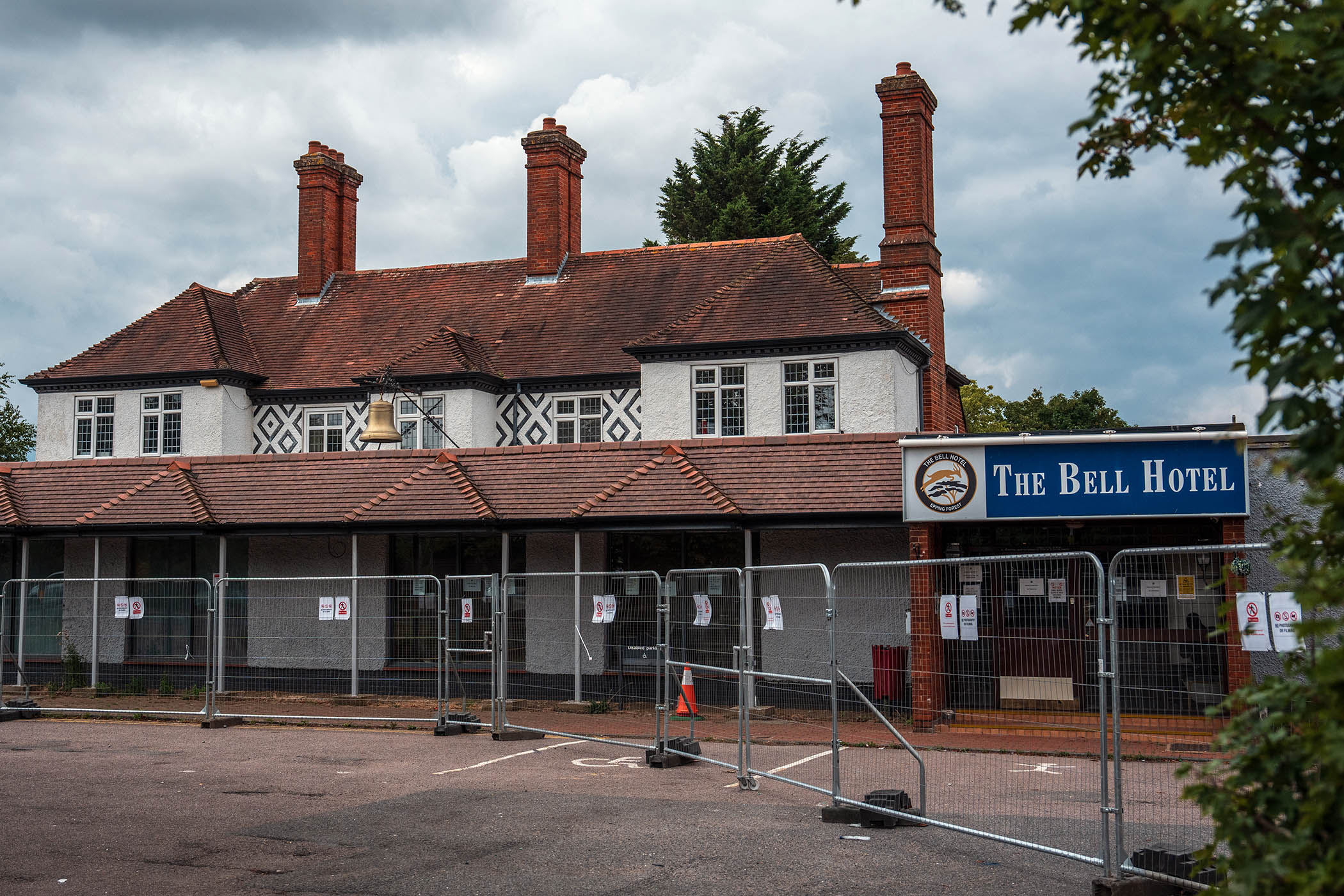A parliamentary committee said this week that the cost of housing asylum seekers in hotels is expected to cost £15.3 billion between 2019 and 2029, more than three times the original estimate of £4.5 billion. It called the policy “failed, chaotic and expensive”.
So what? It’s hard to disagree. The Home Office has long turned to hotels when it can’t find space for asylum seekers in much cheaper flats or shared houses. But their use has surged in recent years. The Home Affairs Committee attributed the rise to
•
the pandemic;
•
flawed contracts with private companies; and
•
incompetence and mismanagement.
Going up. In 2021 the Home Office spent more than £200 million housing asylum seekers in hotels. Last year it spent an estimated £3.1 billion on hotels, out of a total budget of £4.7 billion for asylum support.
Why? With small boat arrivals at a record high, part of the increase can be attributed to the rise in asylum claims. But not all of it. The number of asylum seekers receiving support doubled between 2021 and 2024, while the cost of helping them increased sixfold.
Hangover. The Home Office usually stops providing support and housing to asylum seekers when they receive a decision on their claim. During Covid it halted this practice to stop people from being made homeless during lockdowns. This created a shortage of beds, prompting the department’s private contractors to turn to hotels.
Related articles:
System shift. They were intended to be a short-term solution, but the Home Affairs Committee said that hotels have become an “enduring part” of the asylum system.
Log jam. It also noted that the Home Office had allowed cases to pile up because of slow decision-making. To wit: the six-month rate for processing asylum claims dropped from 87 per cent in 2014 to 16 per cent in 2023. Legislation passed that year added to the backlog by halting decisions on asylum claims made by people who entered the UK illegally. These were supposed to be deported under the Rwanda scheme, which Labour has since scrapped.
By the numbers:
103,000 – number of asylum seekers accommodated by the Home Office
32,000 – number of asylum seekers housed in hotels
£145 – nightly cost of housing an asylum seeker in a hotel
£23 – cost per night of housing an asylum seeker in a flat or shared house
Outsourced. The Home Office relies on three main contractors to house asylum seekers under agreements that were drawn up in 2019 under the Conservatives and expire in 2029. These companies use a network of subcontractors, over which the Home Office has limited oversight.
Overlooked. The committee said the contracts were poorly designed and not managed properly. When the National Audit Office audited hotel invoices submitted by a contractor, it found the Home Office could not provide evidence for the costs it had been charged. In another case, the department was charged for 244 bedspaces that did not exist.
Little Britain. The government is footing the bill by reducing aid spending overseas, an approach devised by the Conservatives. In 2024-25, roughly £2.2 billion of the aid budget went on housing asylum seekers in the UK. Much of this money was paid to hotel chains. It could have been spent on health and education projects in poor countries.
Step change. Labour has pledged to scrap asylum hotels by 2029 and already brought their use down by 43 per cent since 2023, when numbers peaked. It also intends to convert former military camps into temporary shelters that could house up to 10,000 people who arrive on small boats. The first two sites will be in Inverness and East Sussex.
What’s more… Accommodation contracts drawn up by the Conservatives have a break clause allowing them to be terminated in 2026. Ending them early would give Labour an easy political win, if it can get alternative housing in place. This is a big if.
Photograph by Carl Court/Getty Images



